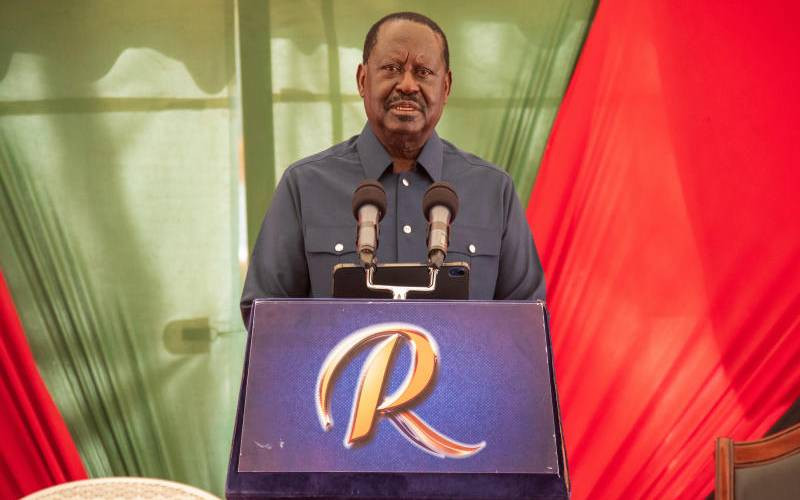
Azimio leader Raila Odinga wants the Ethics and Anti-Corruption Commission (EACC), Energy and Petroleum Regulatory Authority (Epra) and the Office of the Auditor General, to conduct comprehensive investigations into the government-to-government oil deal.
Raila called on the EACC to look into conflict of interest by government officials in the oil deal, bribery, kick-backs, criminal collusion through price fixing and other corrupt trade practices and violation of procurement laws in the recruitment of suppliers and their local agencies.